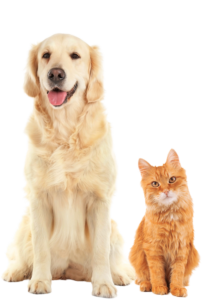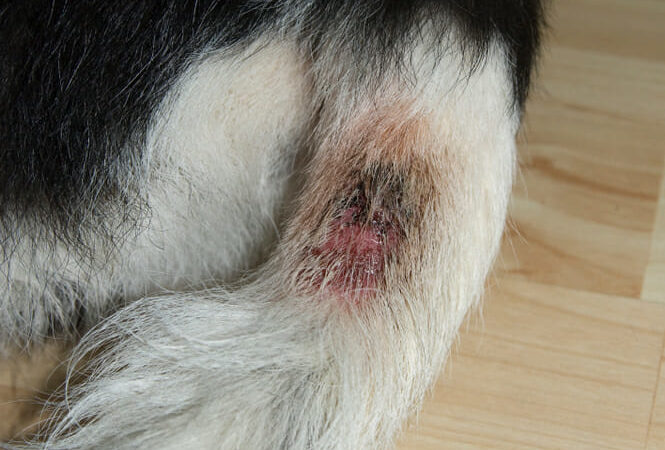Senior cat care is simply another aspect of a cat’s healthcare program. Age is simply another aspect of their health, just like weight or travel history. There are changes we can make for your cat’s senior years to be more comfortable for them and you. There are also conditions that we should monitor so we may have the best outcome possible.
What are the stages of a senior cat’s life? How to spot signs of ageing?
The American Association of Feline Practitioners views a cat to be ‘mature’ at age 7, ‘senior’ at age 11, and ‘geriatric’ at age 15. These stages may be indicated by arthritis, poor protein digestion (leading to cachexia), liver, kidney, dental or cardiac disease. Many cats do not readily show weakness, so you watch their behaviours intently. Where you cat goes and how your cat moves, their breathing, listening for chewing of kibble, amount of urine, and so many other subtle changes can indicate if your cat is experiencing any health issues related with degenerative disease. Even more concerning is your cat will actually seem to age faster in their senior life stages – meaning changes in their health may be observed month-to-month rather than year-to-year.
My senior cat is losing weight, what can I do?
If a senior cat is losing weight, it could mean a number of things from catastrophic disease, treatable disease or ‘normal’ ageing. The best thing to do would be to bring your cat in for an examination by our veterinarians to diagnose disease early and develop a care program for your family.
What are some tips on how to care for my senior cat?
A huge factor in caring for your senior cat is knowing what their normal behaviour is and watch for subtle changes. By the time you observe major problems, there may be significant organ damage. The annual physical exam with your veterinarian is a time to discuss diet and home care options that may slow progression of degenerative disease. Looking at food/water bowl placement, type of bedding, size of litter boxes is important when considering accessibility. Specific diseases will have their care requirements that should be tailored specifically to your cat’s needs – we are always available to discuss this important time in your cat’s life.
What are some common health issues experienced by senior cats?
Many concerns that are associated with senior pets are joint disease, kidney disease, tumours/cancer and dental disease. These conditions can be intertwined, and their secondary effects can impact all body systems. There are so many changes in a geriatric cat’s body that close monitoring is required.
Why is my senior cat having behavioural issues?
It is a very hard question to answer, it really depends on the habits that your cat is performing. If your cat is starting to have behaviour problems, it might be a good idea to book a consult with your veterinarian, so we can determine if it is truly behavioural or more physical disease. Once knowing the problem, then we can take the right steps to helping your pet as best as possible.




